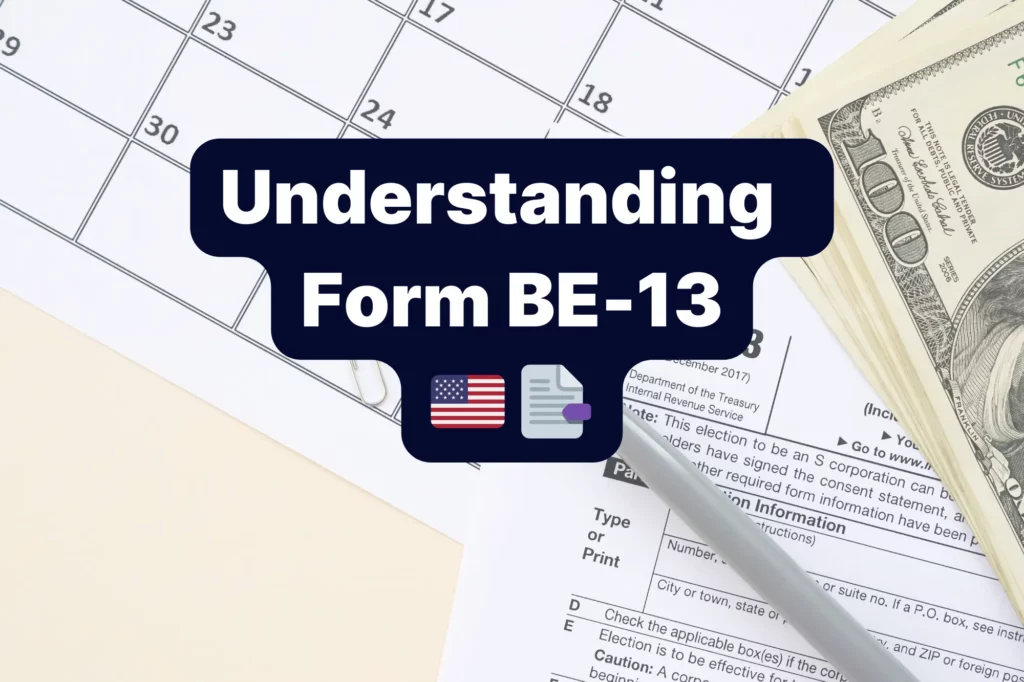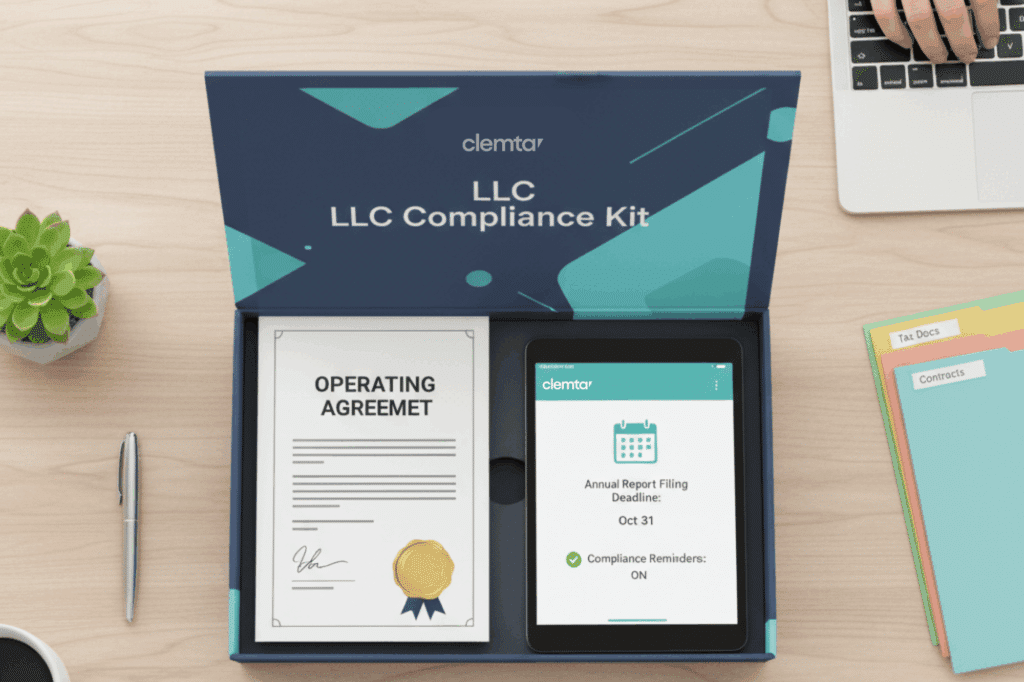The Employer Identification Number (EIN), or the Federal Employer Identification Number (FEIN) or Federal Tax Identification Number, uniquely identifies business entities in the United States. The Internal Revenue Service (IRS) assigns this nine-digit number for identification purposes. But what happens to an EIN after dissolving a corporation? This article explores the implications of dissolving a corporation on its EIN and offers insights on managing this crucial identifier.
What is an EIN?
An EIN is vital for U.S. businesses, serving as a unique tax identifier. It’s necessary for filing taxes, opening a business bank account, and other official transactions. Once assigned, an EIN permanently links to the business entity and is never reused or reassigned, even if the business closes.
How to Obtain an EIN as a Foreigner
Foreigners can easily obtain an EIN to establish a business in the U.S. By visiting Clemta.com, you can follow these simple steps to secure an EIN:
- Log in to Clemta.com.
- Select “I have a company” if you already have a business.
- Choose our EIN service and follow the prompts to apply.
If you don’t have a company yet, Clemta also offers incorporation services in the United States. The EIN is included in our service fee, streamlining the process.
The Permanence of an EIN
An EIN remains a permanent part of a business’s identity. Even if a corporation dissolves, the EIN stays active, allowing the IRS to reference past tax filings. Although the EIN remains, closing the associated business account is possible if no longer needed.
Closing a Business Account with the IRS
To close a business account, an authorized company representative must send the IRS a letter including:
- The business’s legal name
- The EIN
- A copy of the original assignment notice, if available
- The business address
- The reason for closing the account
Ensure all applicable tax returns are submitted to the IRS before closing the account.
What Happens to the EIN After Dissolving a Corporation?
In summary, the EIN remains unique to the business and serves as its permanent tax identification number. Even after dissolving a corporation, the EIN can’t be reassigned. If a business decides the EIN is unnecessary, the IRS can close the associated business account, but the EIN continues to belong to the original entity and is available if the business revives.
For more guidance on managing your EIN and business dissolution, visit Clemta.com for resources and professional assistance tailored to your needs.







